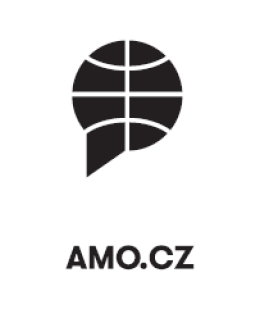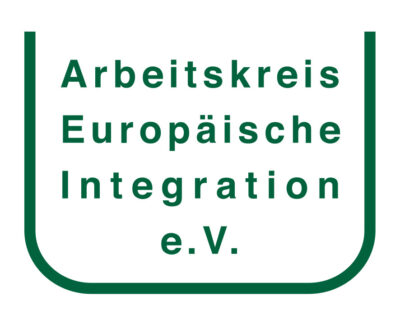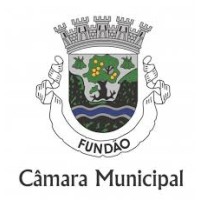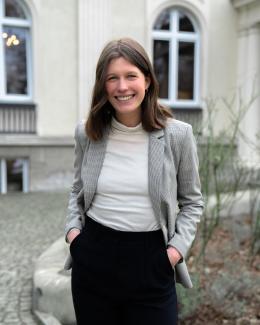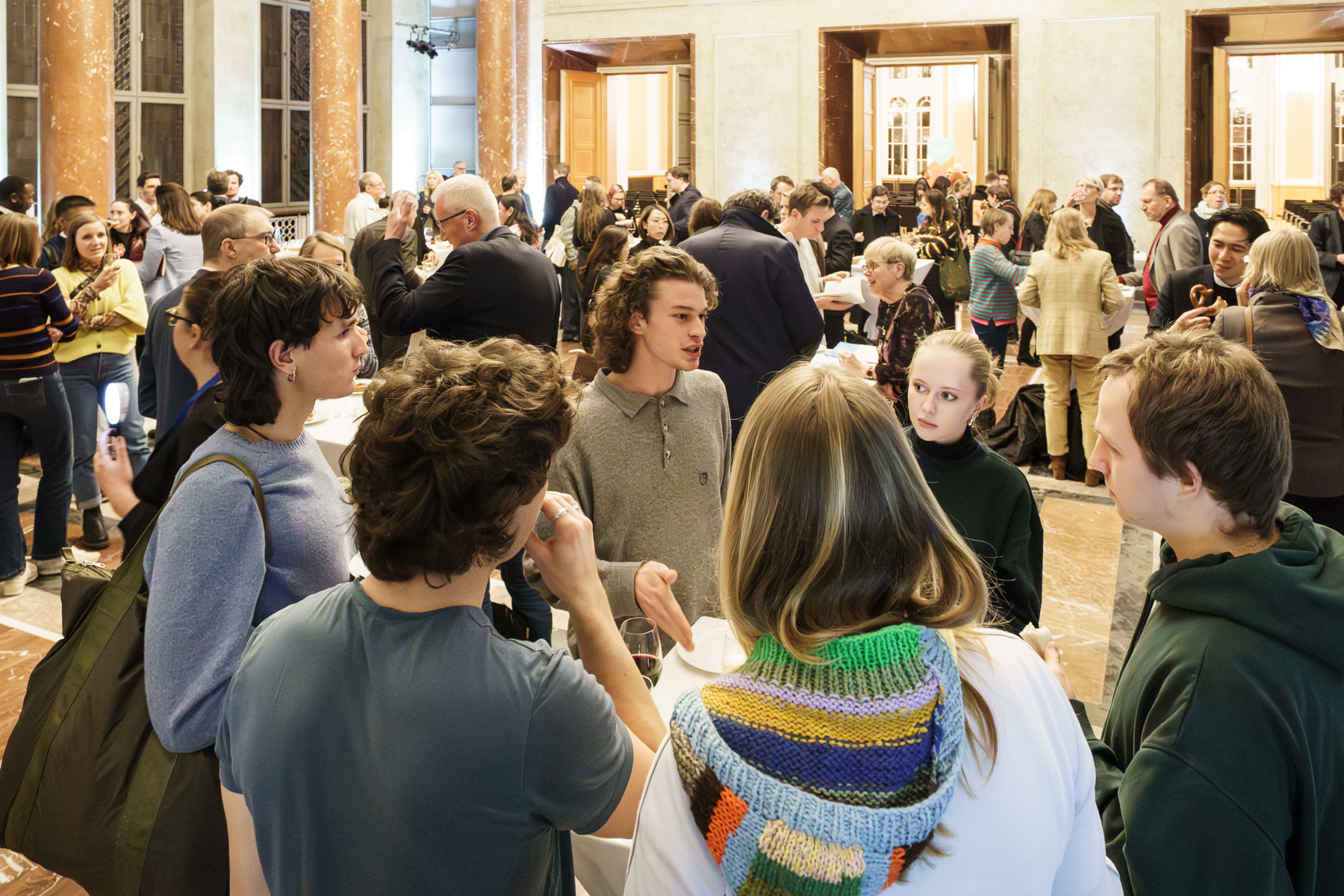Konferenz
Berlin City Link Conference | Sustainable Cities, United Efforts: A European Approach

How can European cities play an essential role in sustainability, climate protection, and citizen participation? How can transnational cooperation between municipalities drive innovation and resilience? These are the key questions at the heart of Berlin City Link Conference: Sustainable Cities, United Efforts: A European Approach.
The Conference brings together local government representatives, urban sustainability experts, civil society actors and citizens from across Europe to exchange knowledge, build partnerships, and explore solutions for common challenges. The conference is organized as part of the project ConnAct – EU Networks of Towns, which promotes cross-border dialogue, learning, and collaboration among European municipalities.
What to expect:
- Inspiring Inputs from Across Europe: Insights into successful initiatives and innovative approaches in the fields of climate action, sustainability, and citizen engagement.
- Interactive Workshops: Sessions offering space for exchange, discussion, and collaborative learning, focus on practical experiences, challenges, and opportunities for municipalities and their partners in driving forward sustainable development.
- Discussions: Exploring key issues more deeply—such as the role of funding, social justice, and long-term visions for sustainable urban development. Space for reflection, idea-sharing, and forward-thinking.
- Networking Opportunities: Informal networking areas and thematic discussion tables will offer many chances to connect, exchange perspectives, and explore new partnerships across borders and sectors.
This Conference is designed not only to impart knowledge to the participants, but also to identify concrete opportunities for action and approaches to cooperation. The interactive design promotes exchange and networking across national borders.
Registration for the conference is closed.
Key-Learnings and Take-Aways of Conference
Connecting in a larger Community of actors and stakeholders brings purpose and new synergies.
As of yet there is (still) not enough money and political will power behind solving the climate crisis.
Small municipalities can lead the way. Even in rural or remote areas, local authorities can be true drivers of innovation — provided they have access to the right tools, partnerships, and long-term strategic support. Collaborating across municipalities is also essential, allowing small communities to pool resources, share expertise, and develop solutions that would be difficult to achieve alone.
European cooperation builds capacity and perspective. Transnational projects do more than share best practices: they introduce new ideas, methods, and tools. They help local actors shift from a reactive to a proactive mindset, and from a local outlook to a broader, European-aware approach to sustainability and inclusion.
Sustainability must be place-based and people-centered. Climate action is most effective when rooted in local identity and co-designed with communities — but we must also be mindful of engagement fatigue. Participatory processes need to be continuous, meaningful, creative, and respectful of the time, resources, and expectations of those involved.
Attending the workshop of renewable energies organized by Italian partners, once again I noticed the importance of true public engagement through encouragement. In their presented case study without the involvement of the residents with encouraging policies the project would have not been succeeded.
Attending the workshop of Esther around regenerative tourism and already within our small group of 8-9 hearing different approaches and in some way conflicting scenarios, I learned that conflicts always exist. Weather interpersonal and/or cultural, either between political parties or municipal approaches it can be a lens to address injustices and possible resolve them.
Both the heating transition and the implementation of blue-green infrastructure measures require a clearer distribution of roles between the various actors within state and district administrations. This forms a necessary basis for anchoring the issues strategically and integrally in planning processes, establishing new collaborations, and managing data in a targeted manner.
Data availability is unevenly distributed, which is particularly noticeable in heating planning. Targeted measures require building-specific and up-to-date data. In the heating transition, access to owner data, renovation status, and consumption data is particularly important – but its availability is limited. At the same time, there is a lack of good communication strategies for heterogeneous groups of actors on whom the implementation of decentralized heating solutions depends (especially owners and tenants), which could be improved through data-based communication.
Climate adaptation requires more space and social integration. The discussion on the development of new PikoParks has made it clear that social justice, participation, and accessibility are very important criteria for implementing effective blue-green infrastructure measures. Spaces such as backyards or „unseen spaces“ should also be given greater consideration. Transparent administrative processes (e.g., for unsealing, tree planting) promote trust and enable constructive cooperation with civil society and specialist agencies.
Impressions
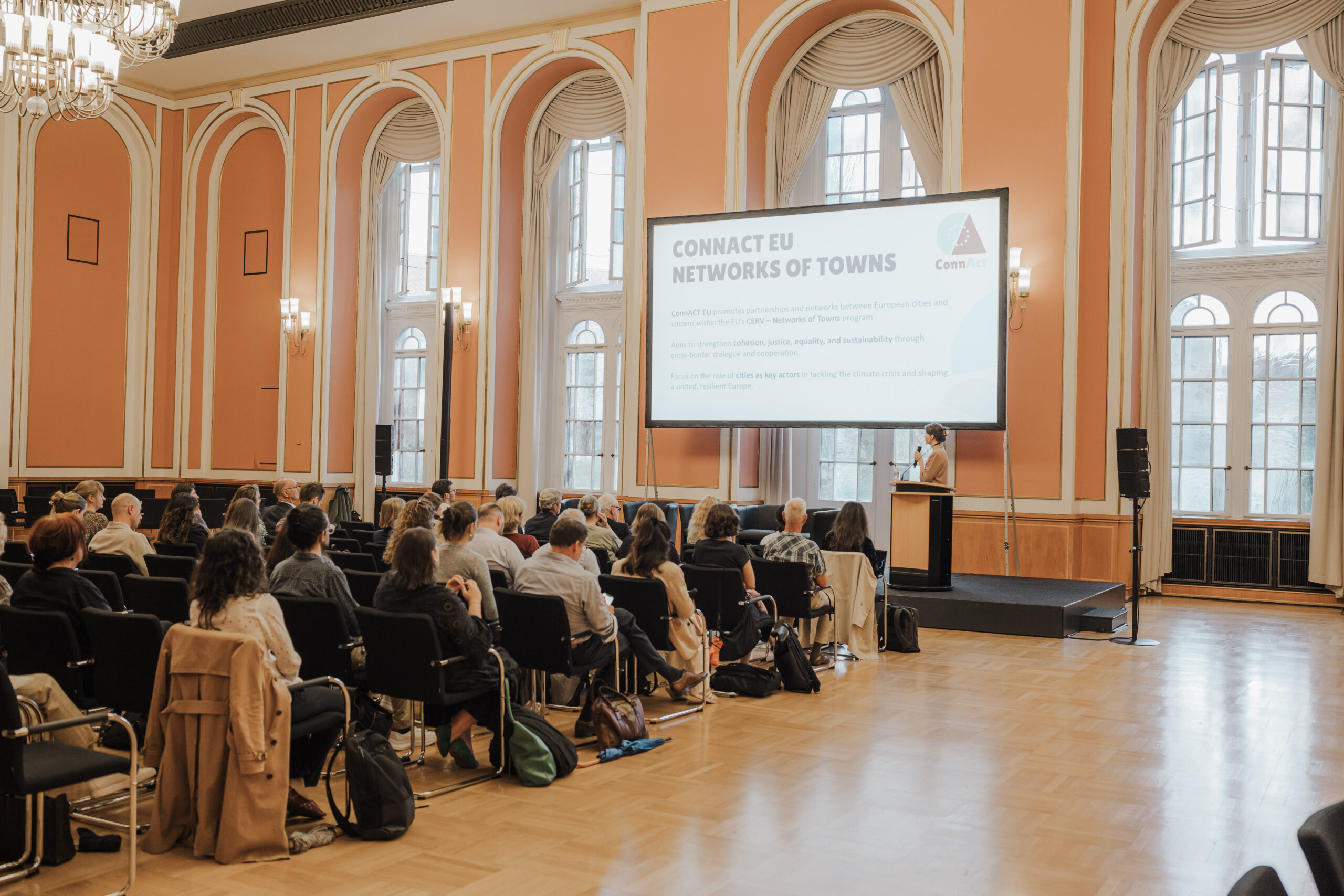
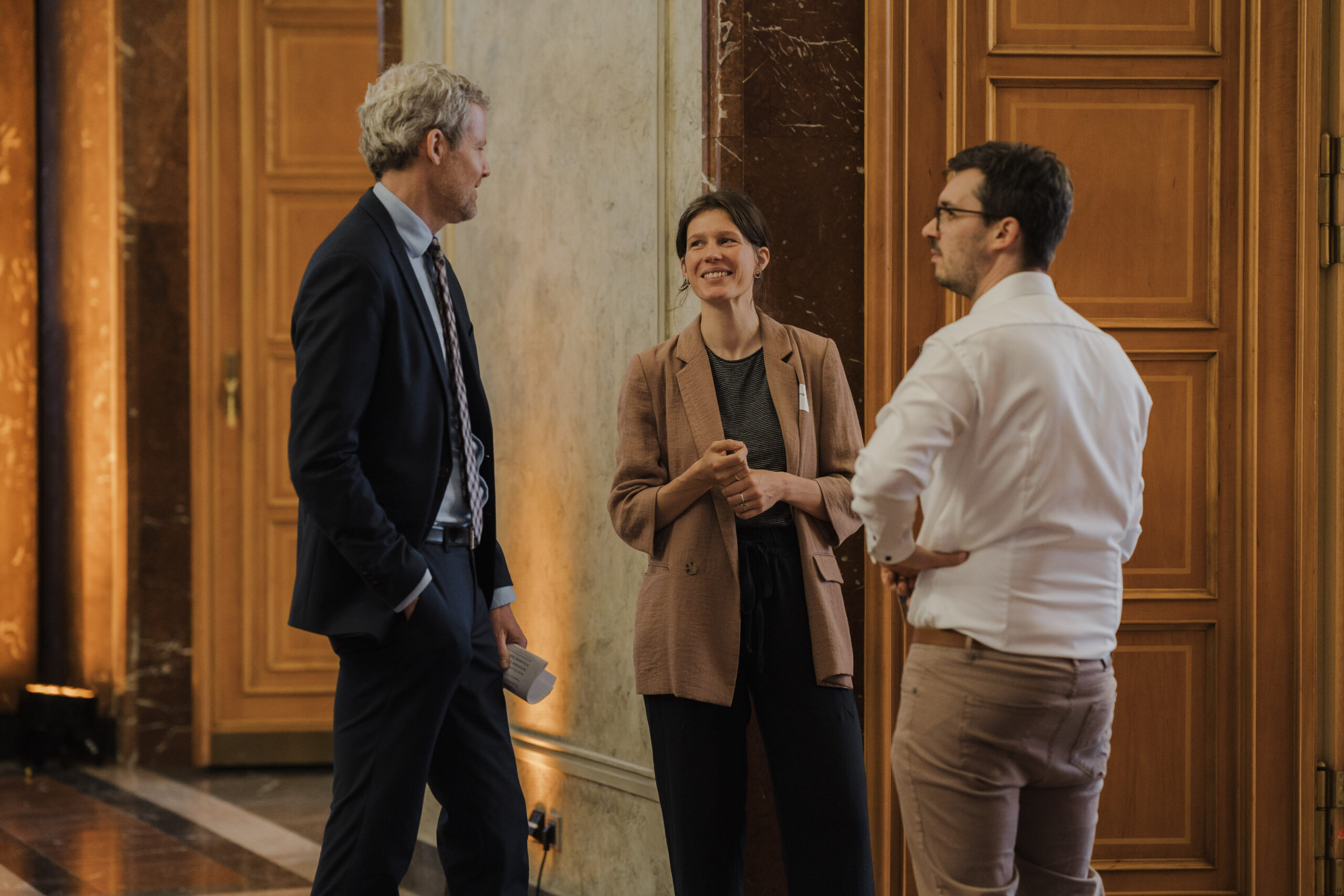
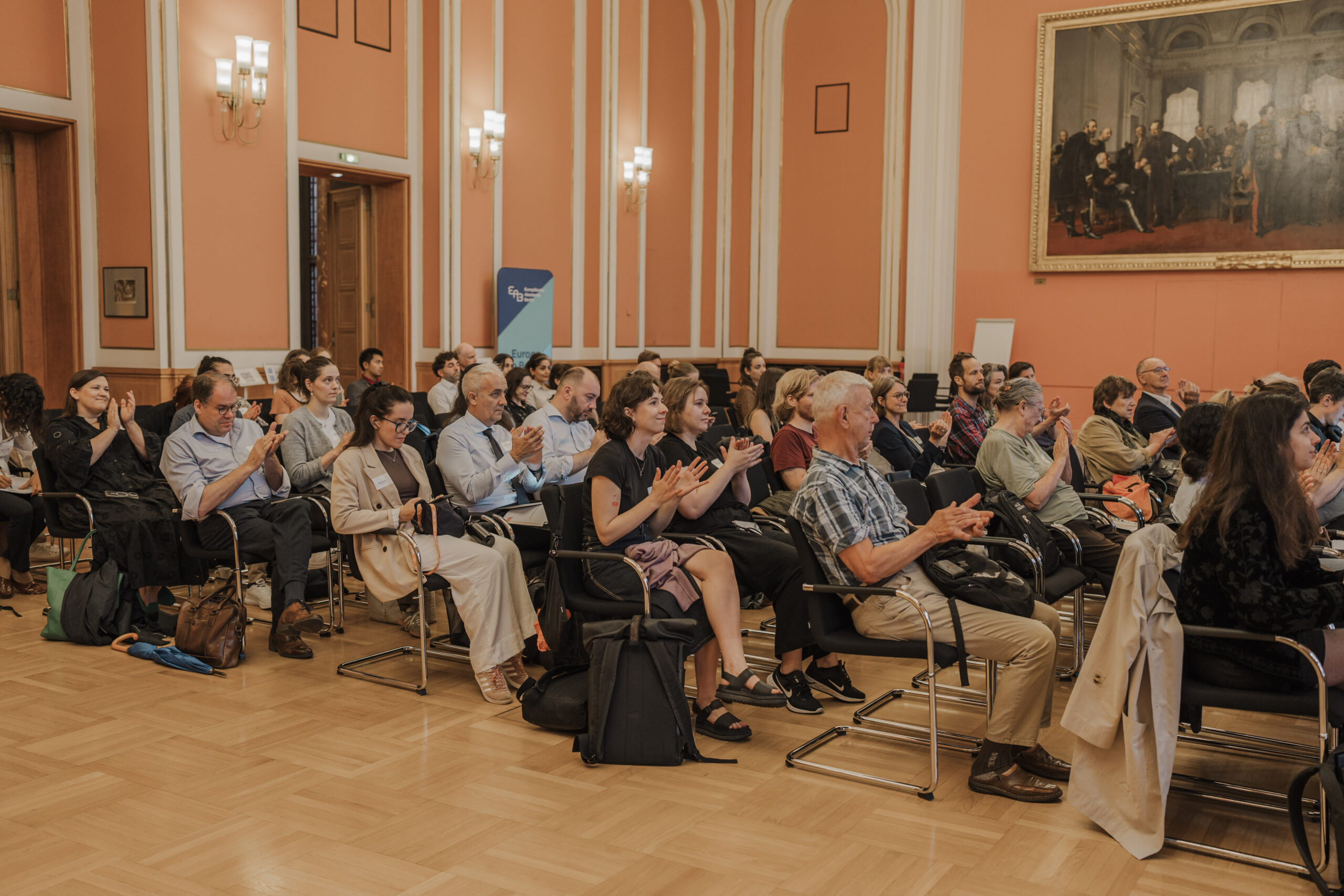
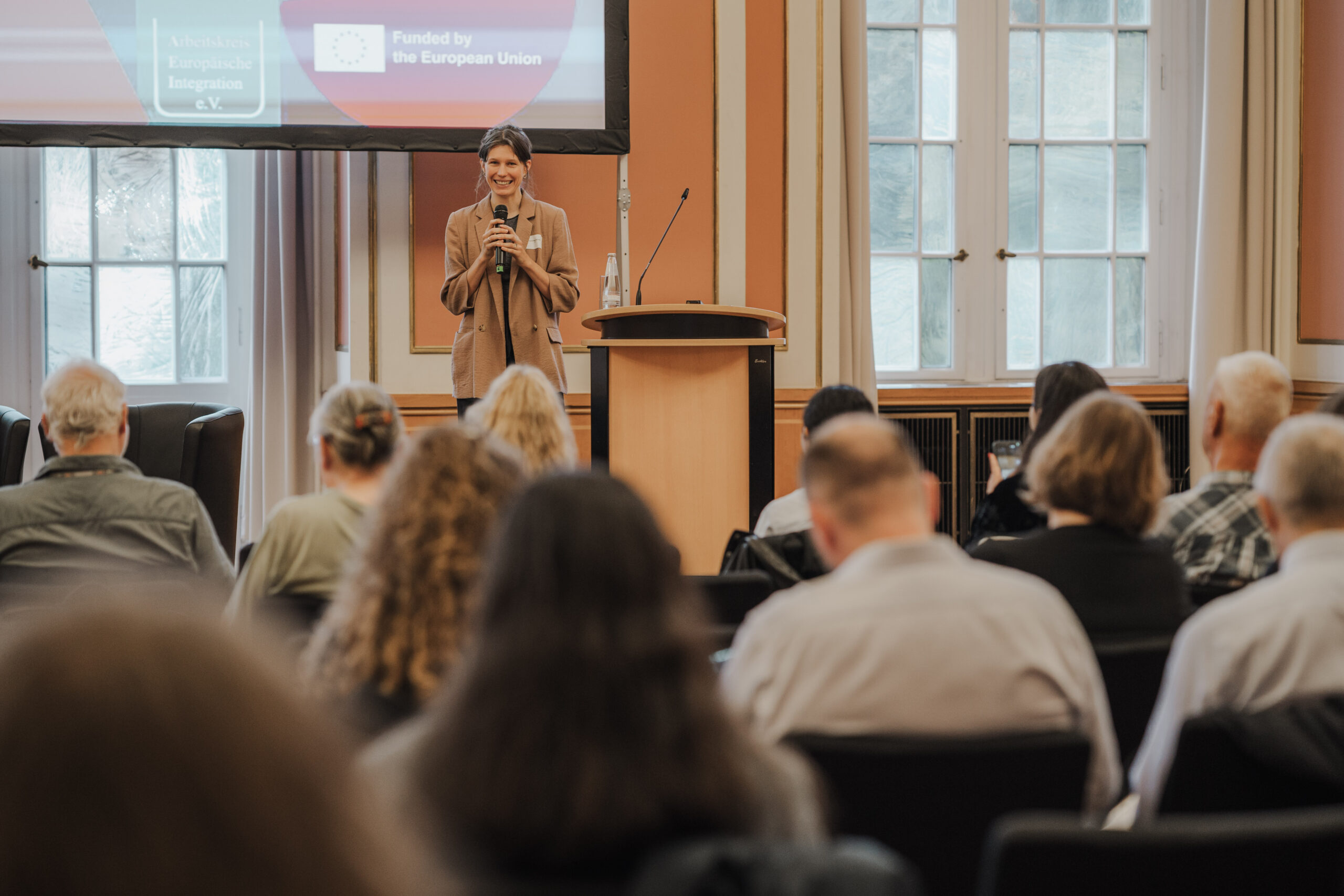
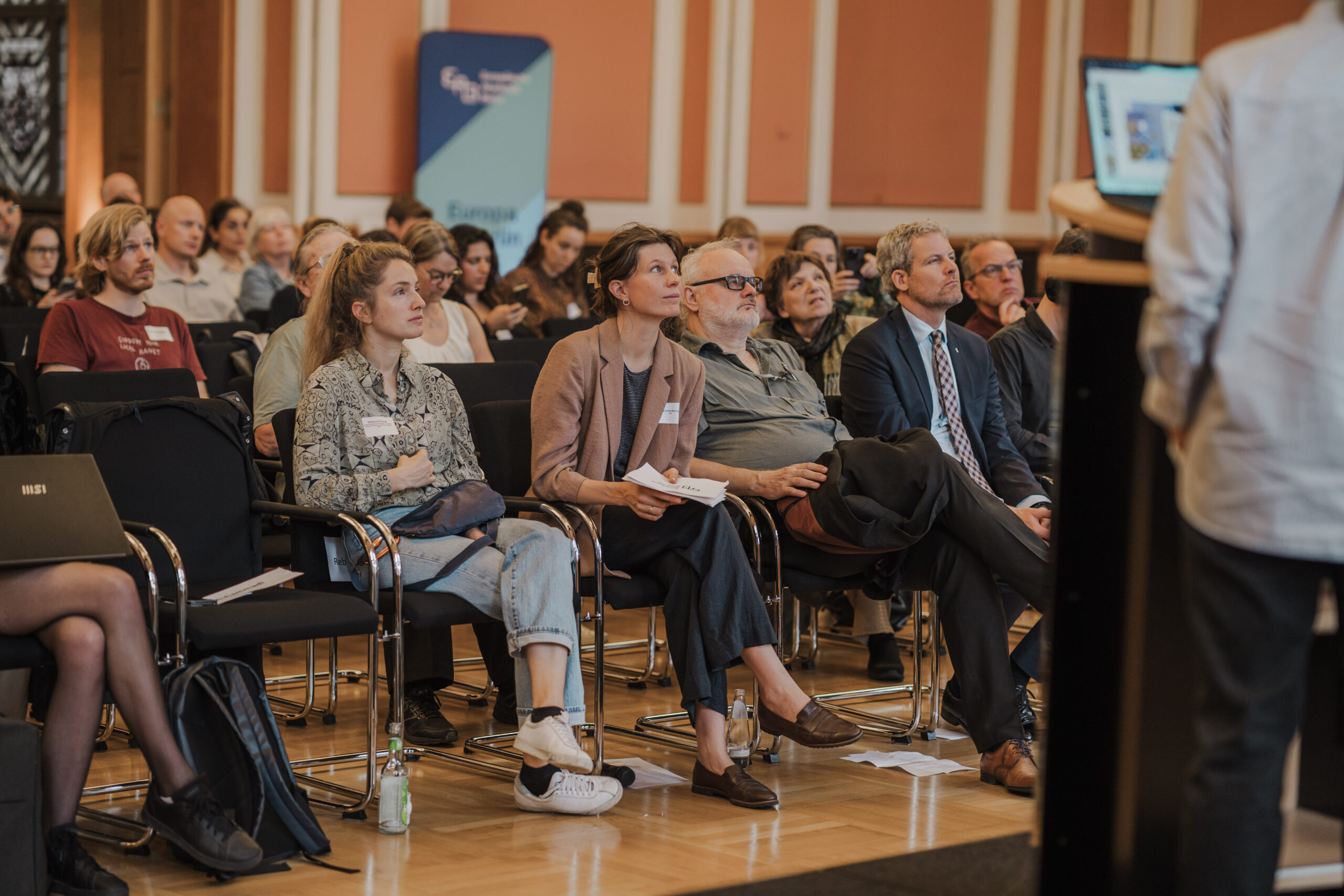
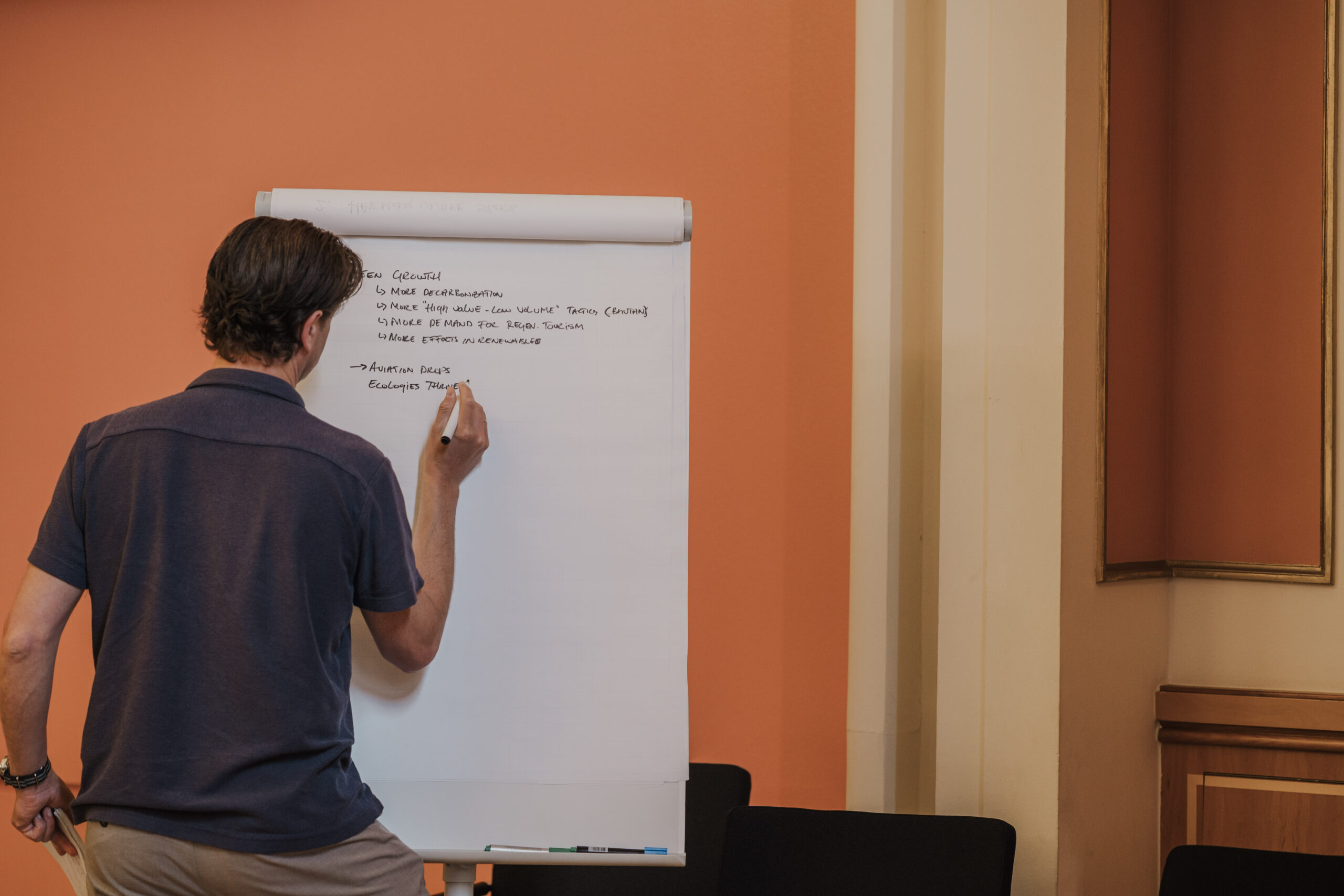
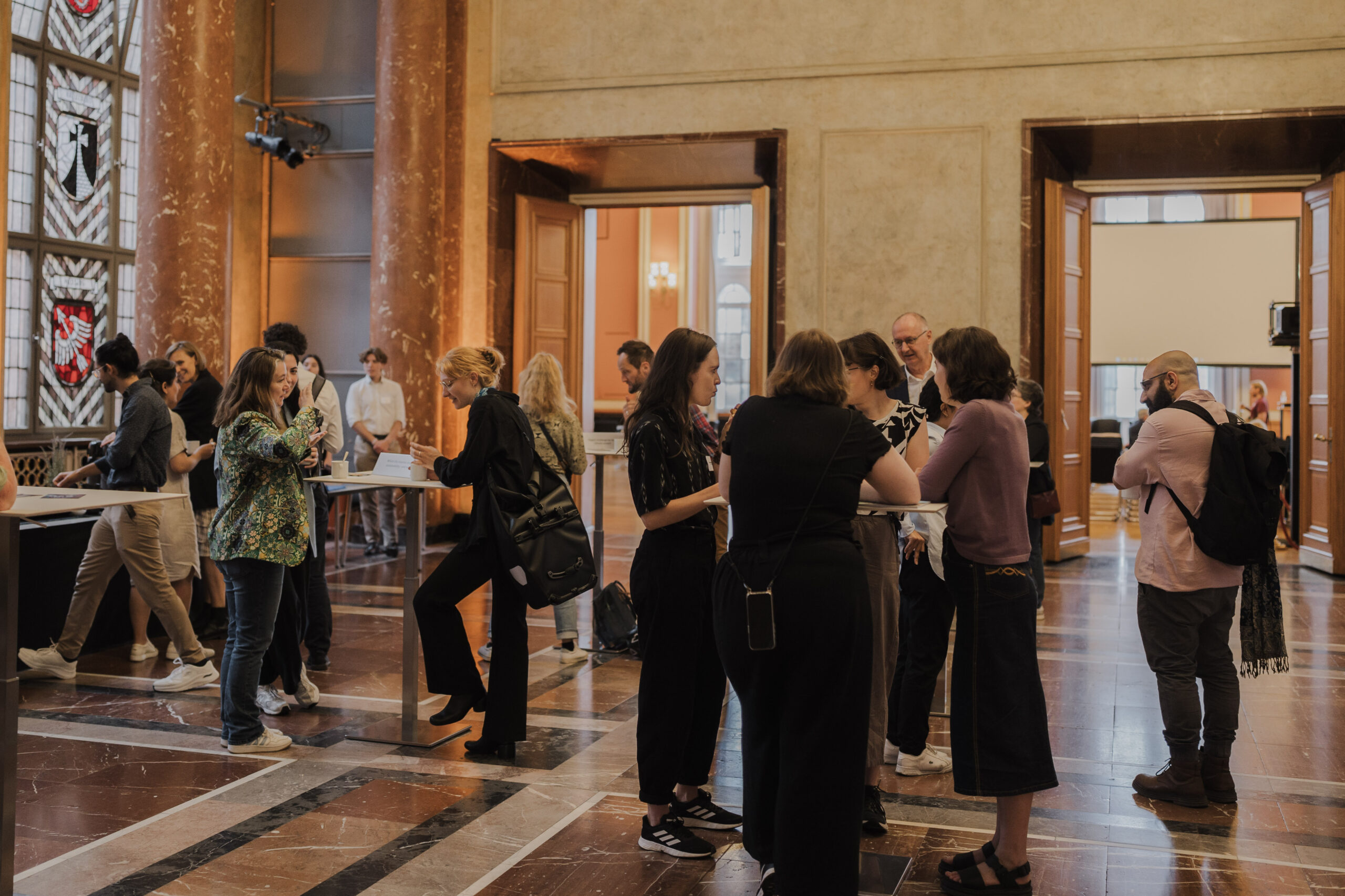
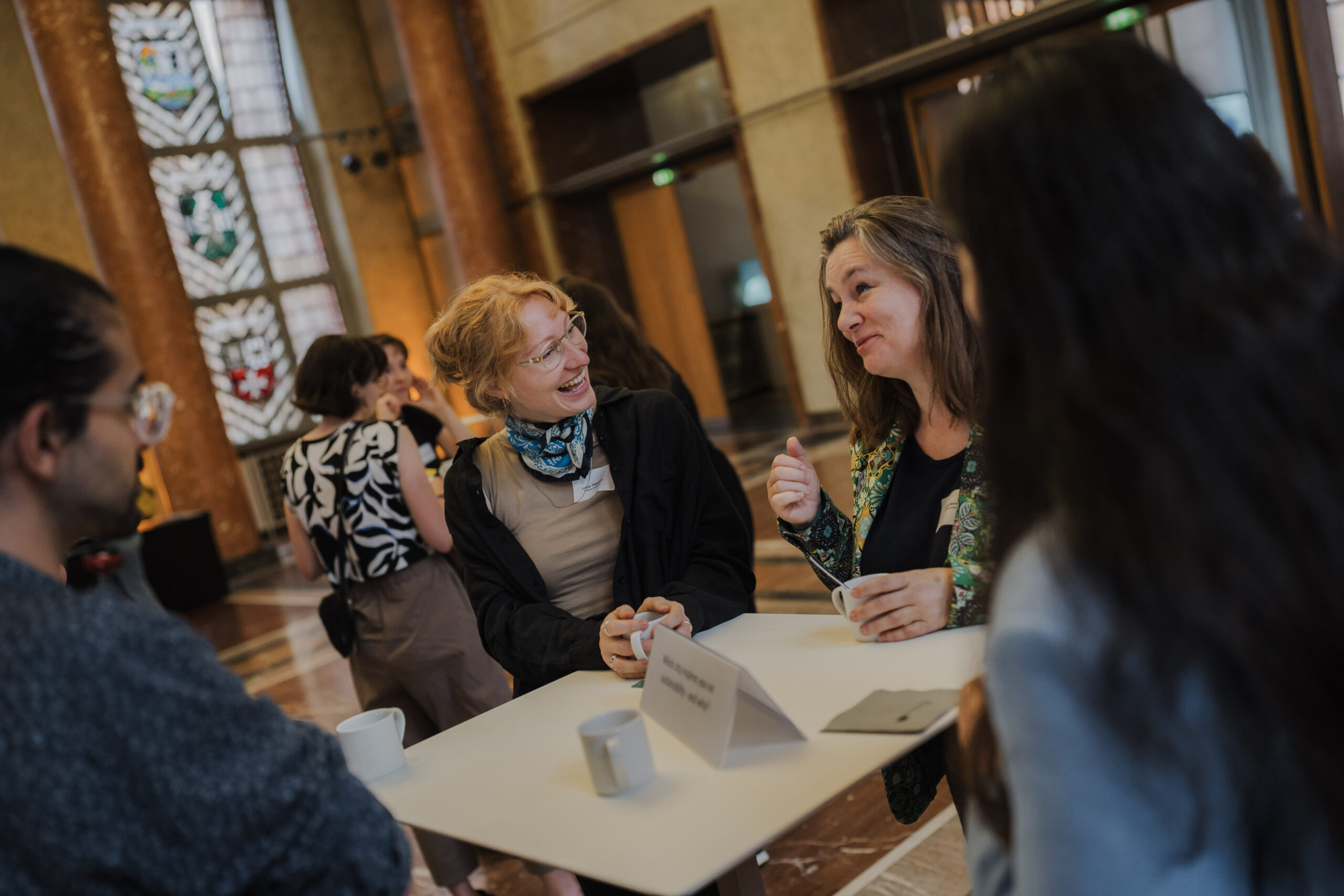
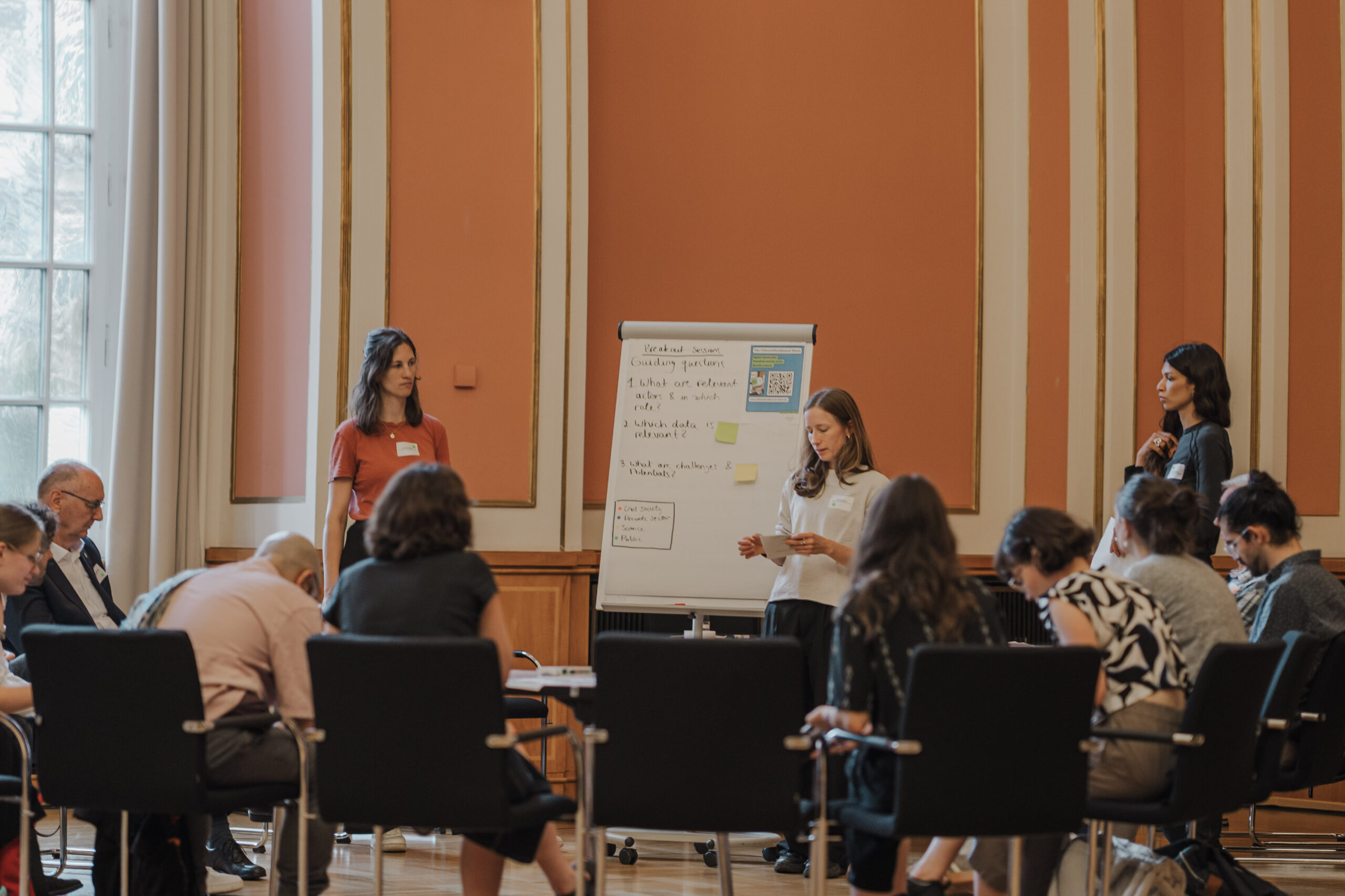
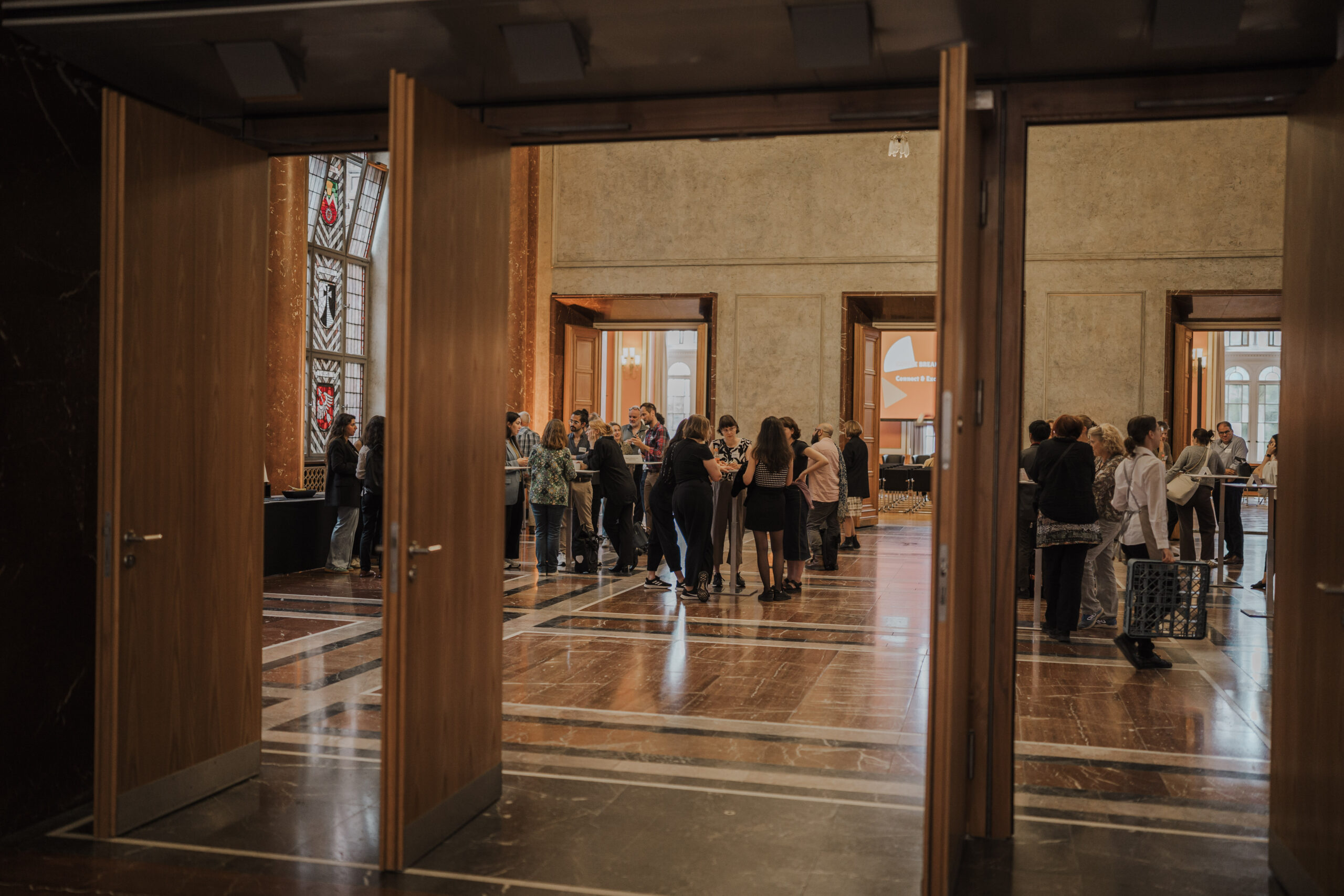
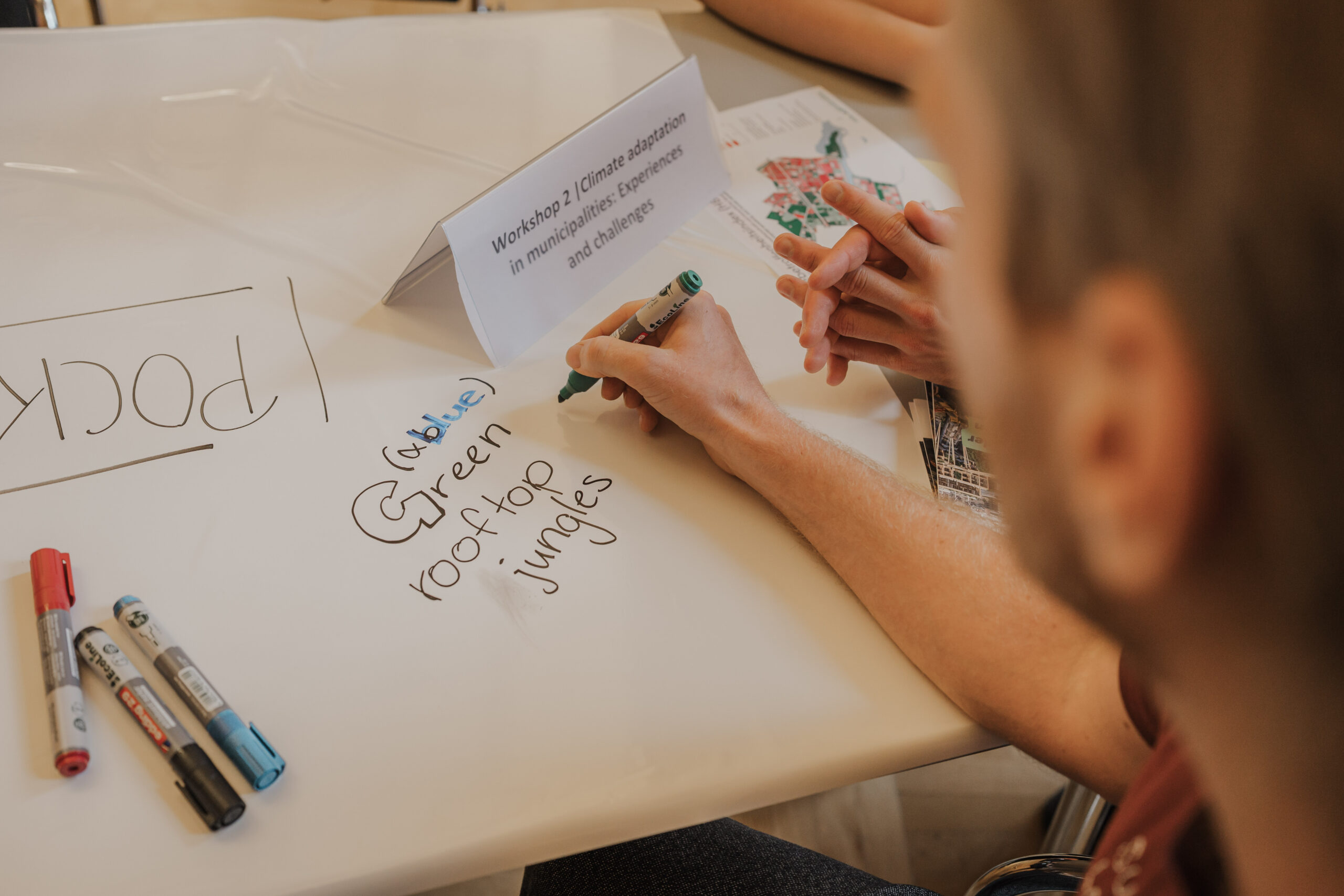
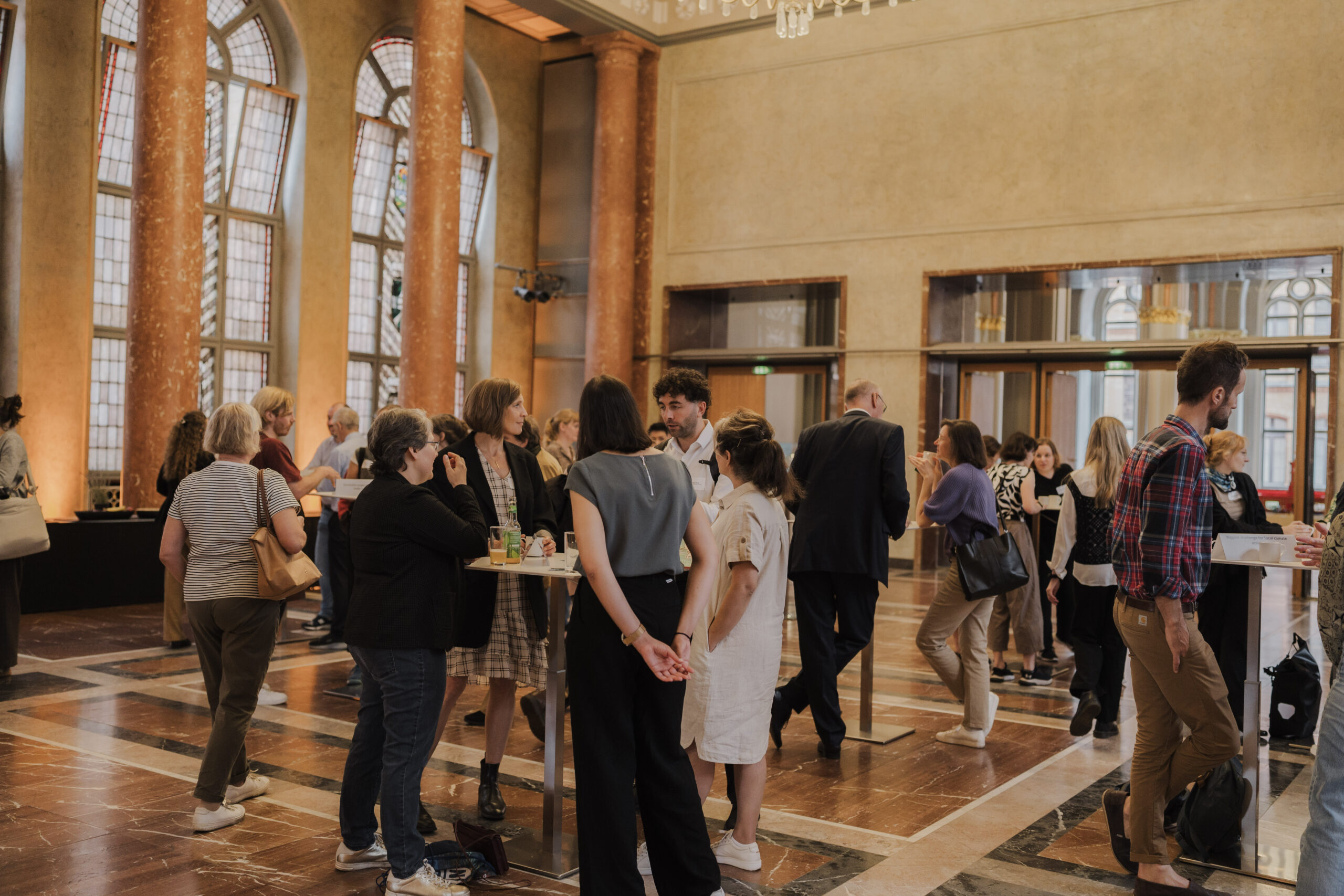
Details
Datum
15.07.2025 | 09:30 - 17:00 Uhr
Adresse
Rotes Rathaus, Festsaal
Rathausstraße 15
10178 Berlin
Projekt
ConnACT EU – Networks of Towns
Networks of Towns is a project within the framework of the EU CERV program, which is dedicated to partnerships and networks between European cities and their citizens.
Partner

